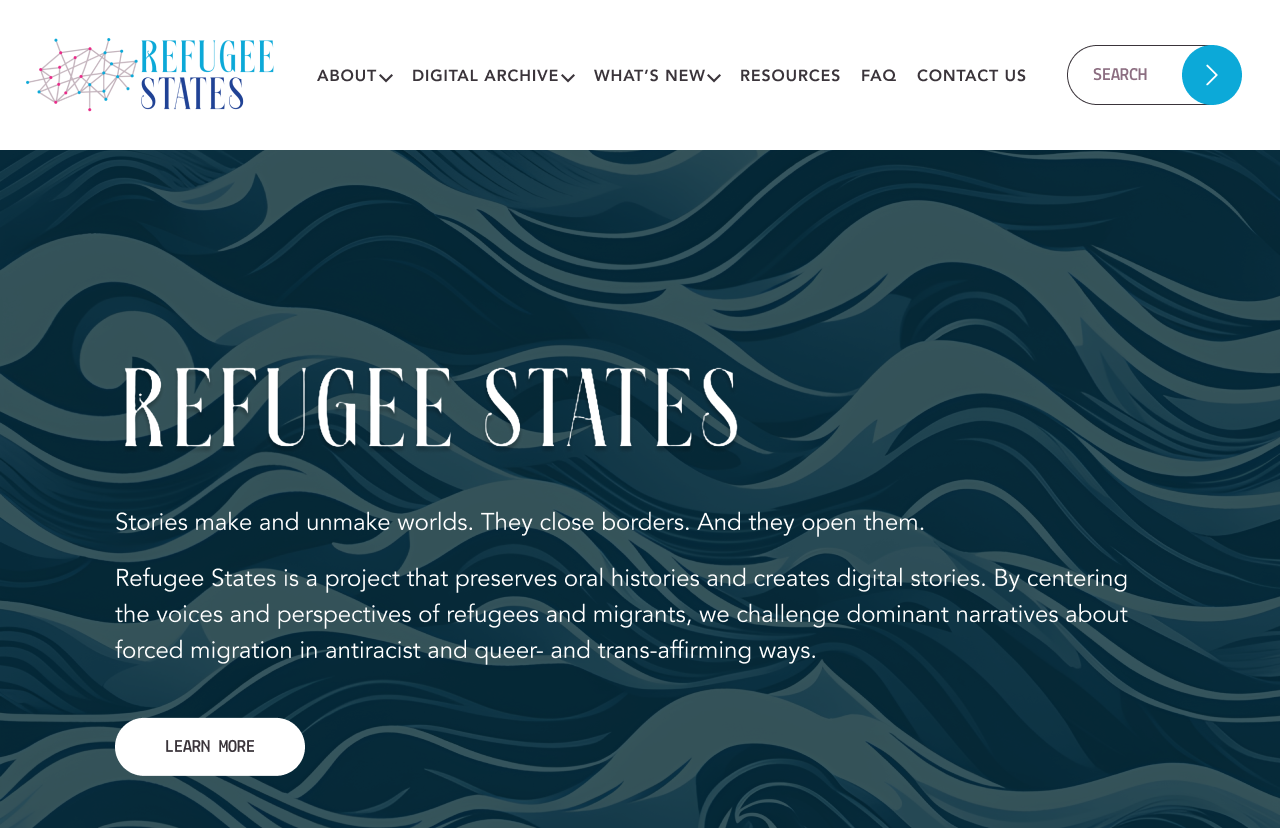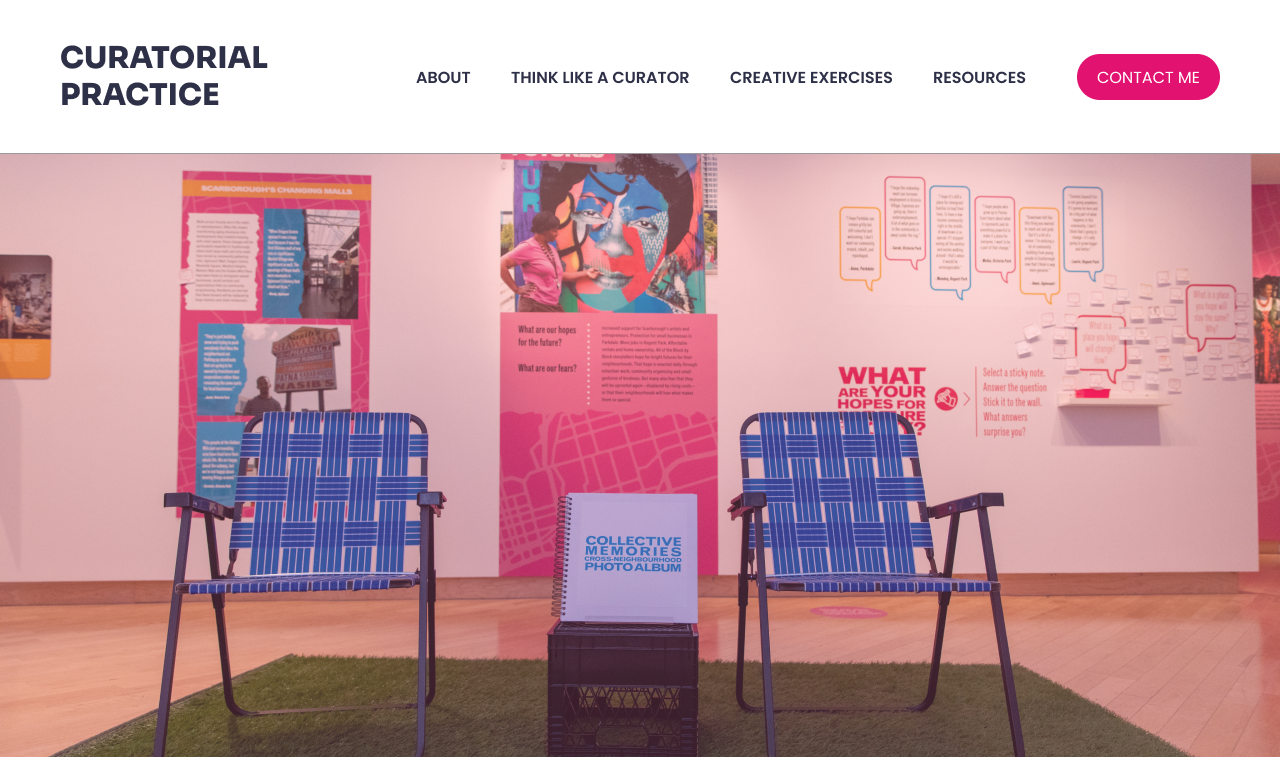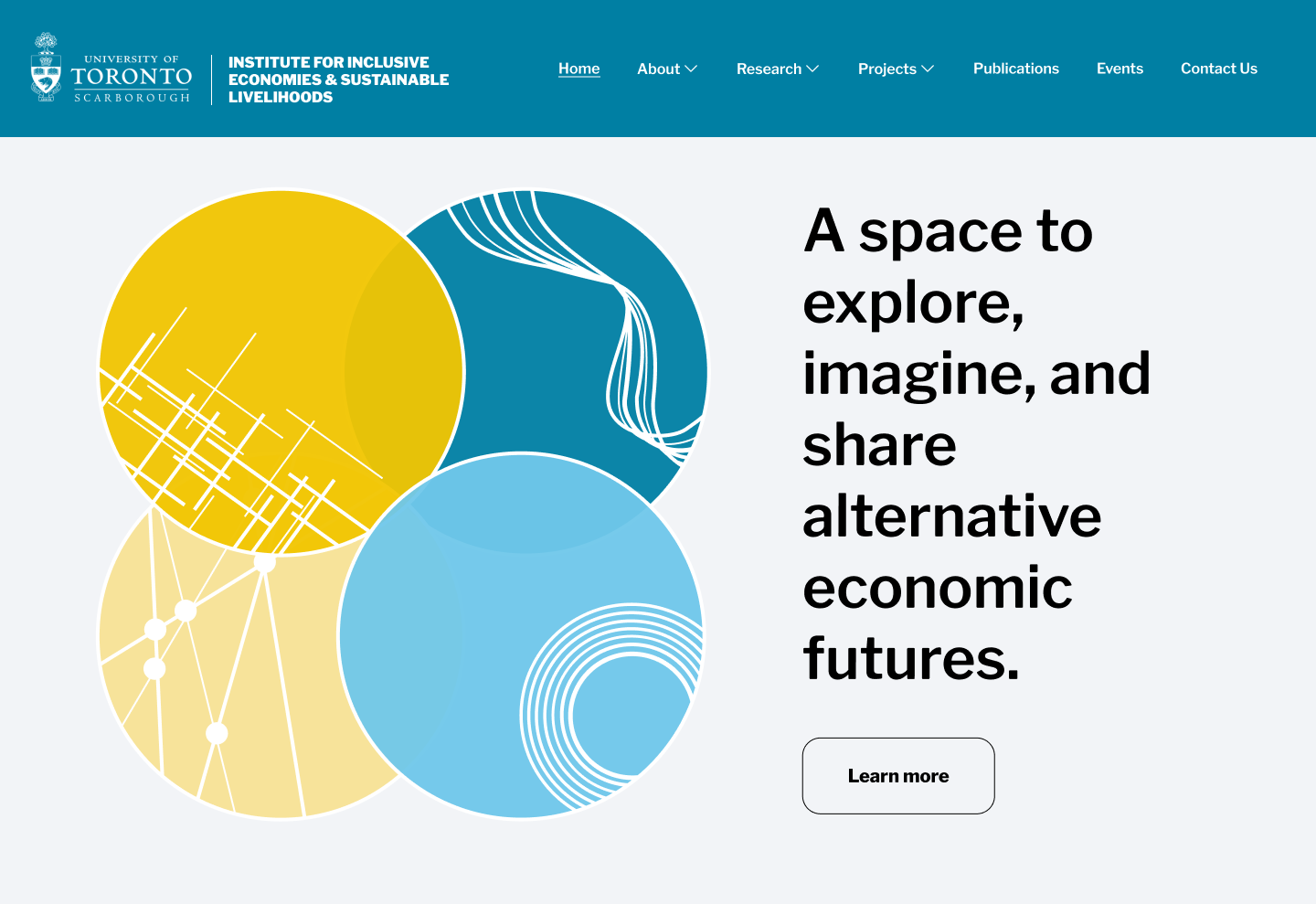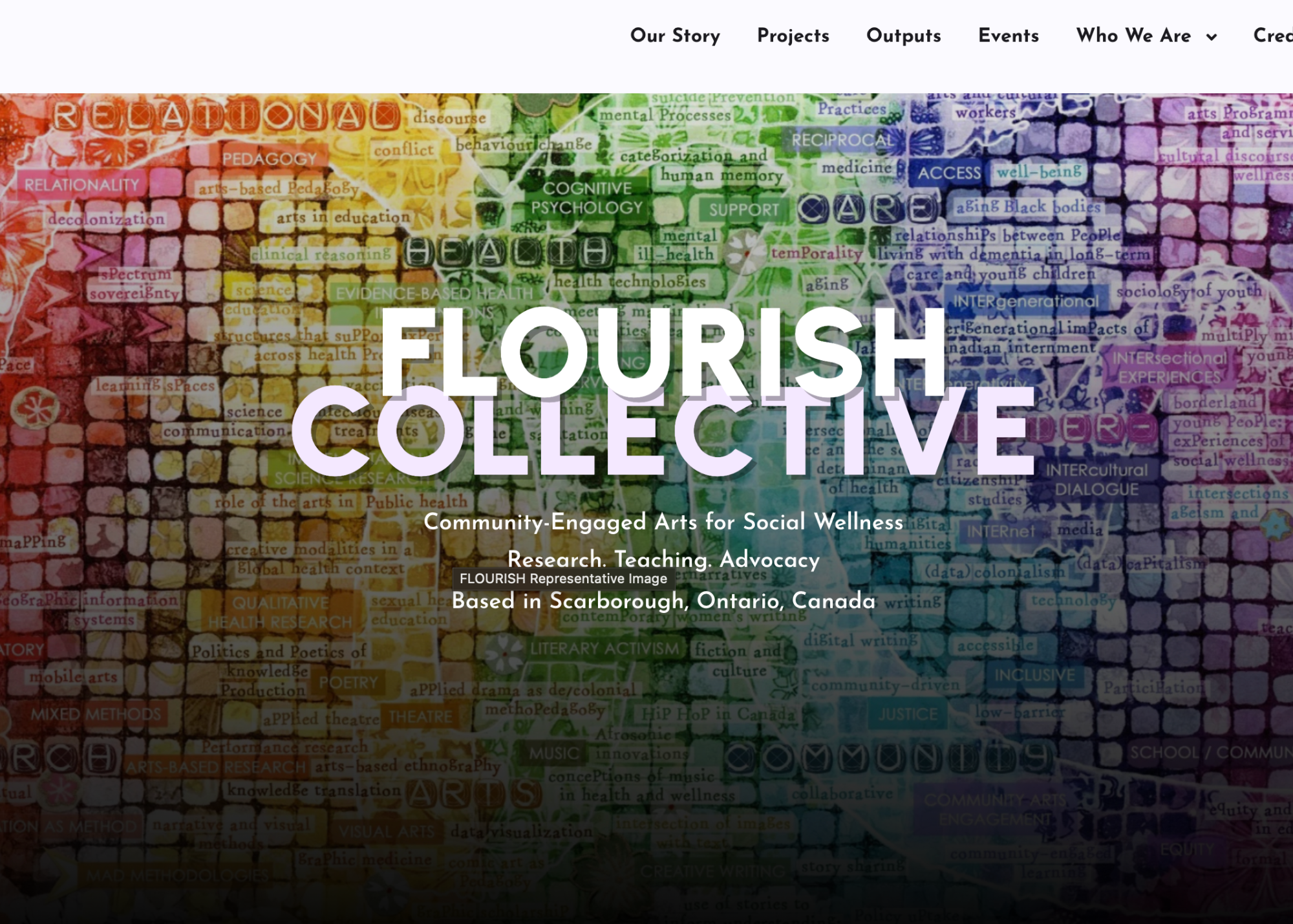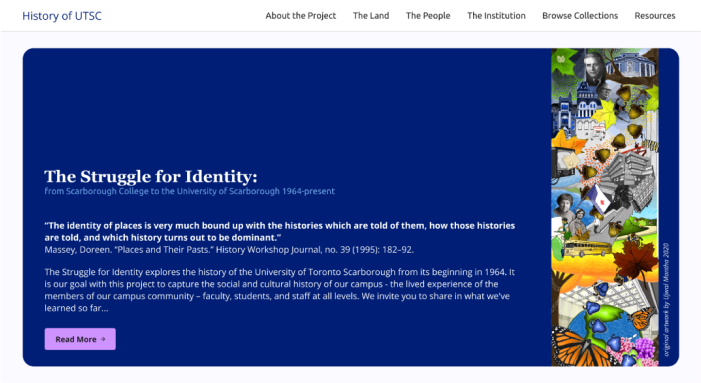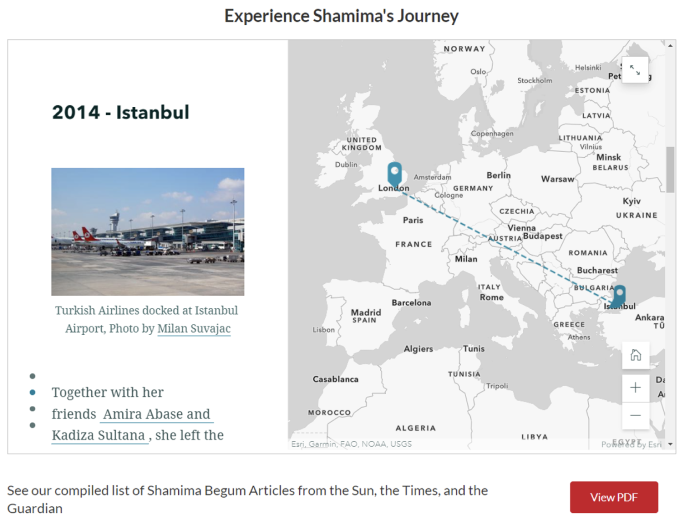UX Design for DH Accelerator Program
UX Design for DH Accelerator Program
The UX Design for DH Accelerator Program supports faculty researchers in a team-based, collaborative process for co-creating websites, digital exhibitions, databases, and other digital projects. The Accelerator team includes a UX Designer, DH Developer, and CDHI team members with expertise in research design, ethics, and project management, as well as divisional digital scholarship librarians.
This program takes the faculty researcher past the threshold of “consultation” with experts and into team-based collaborative making. The Accelerator team meets weekly with the faculty member and collaborators weekly, moving from project planning and prototyping to testing and implementation. Faculty members will leave the program with documentation and plans for next steps.
How It Works
The UX for DH Accelerator Process: It spans 8 weeks with 2 additional weeks for development handoff. In the first week, the Accelerator team learns about the project, and then goes into ideation in week 2, by guiding the research team through a goal-setting workshop to set development goals for the collaboration. Using the output of the workshop, in week 3, the structure of the digital project is set, and the visual preferences are decided. Weeks 4 through 7 involve multiple rounds of iteration on designs and review. The research team needs to provide at least one of each type of example content based on the decided structure of the digital project. As soon as the designs are finalized, they
are handed off to the developer. Throughout the process, sustainability of the project post accelerator is kept in mind.
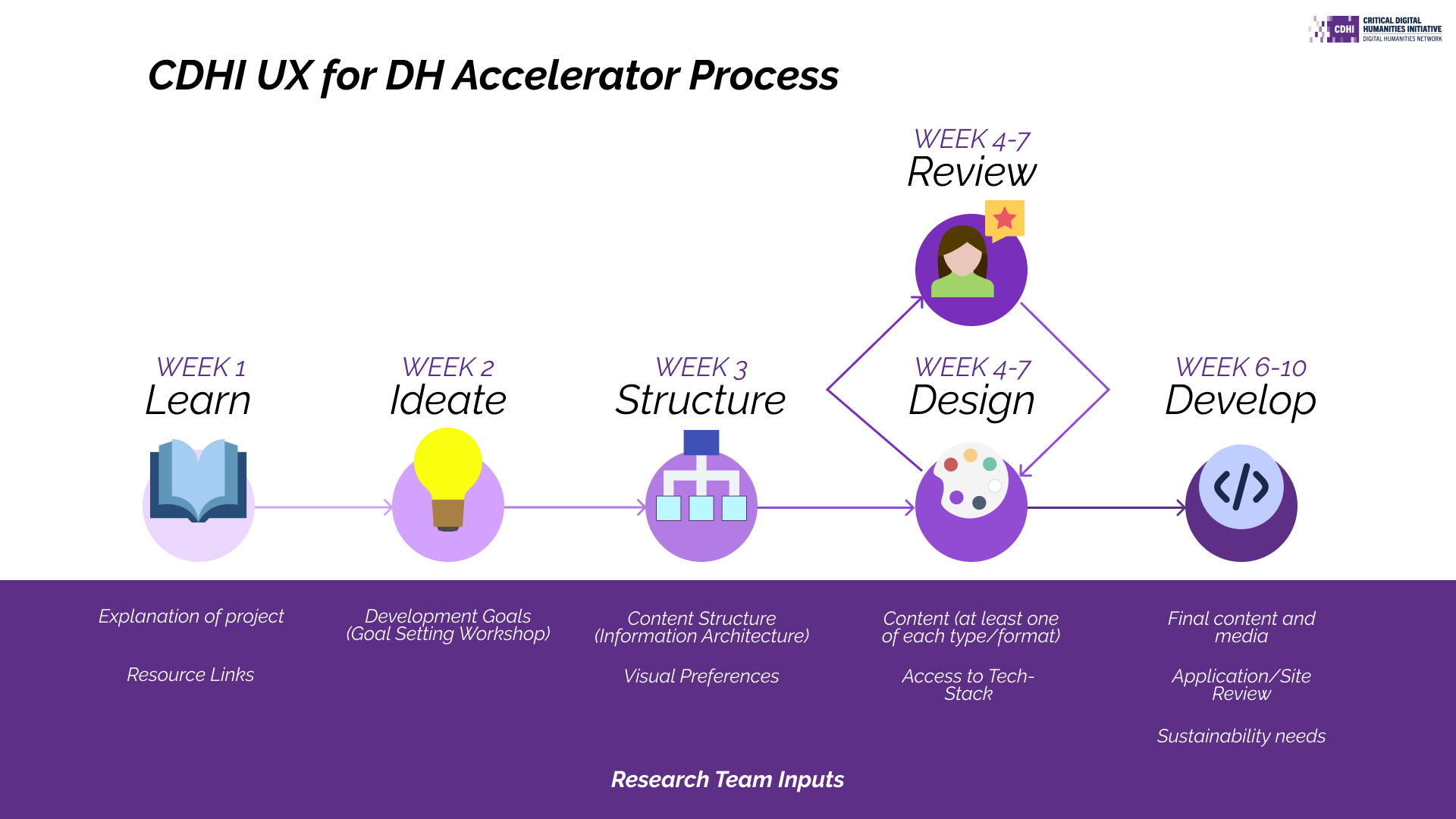
Program Impact
Projects Launched
PIs Involved
Departments Involved
What Participants Say
Past Projects: Summer & Fall 2024
The UX Design for DH Accelerator Program returned once again for 2024, co-funded by CDHI & the Collaborative Digital Research Space (CDRS).
UX Designer (Co-op Student): Meg Sanchez | Projects Supported: 7
Past Projects: Summer & Fall 2023
After a successful pilot program in 2022, the UX Design for DH Accelerator Program returned for 2023, co-funded by CDHI & the Collaborative Digital Research Space (CDRS).
UX Designer (Co-op Student): Parita Patel | Projects Supported: 7
Past (Pilot) Projects: Summer & Fall 2022
UX Designer: Peter Luo | Projects Supported: 7
Previous Co-op Students
Meg Sanchez
UX Designer | May 2024-Jan 2025
PROJECTS: Refugee States; Curatorial Practice; Institute for Inclusive Economies and Sustainable Livlihoods; Digital Epigraphy and Visualization of the Athenian Agora; GIS, Policing and Us; Containing Cultures.
Parita Patel
UX Designer | May 2023-Jan 2024
PROJECTS: Mounds and Memory; Building Inclusive Cities; UTSC History Project; Listening to Kensington Market; Italian-Canadian Foodways; Project ONLOCK; FLOURISH: Community Arts and Social Wellness.
Parita Patel
UX Designer | May 2022-Jan 2023
PROJECTS: Sexual Representation Collection; Decolonizing Archives of Water; The History of the Pussy Palace: A Digital Exhibit; Borders, Boundaries, Bodies; It’s About Time: Dancing Black Canada, 1900-1970; Asexuality & Aromanticism Bibliography; Sealings and Lives of Maresha.

